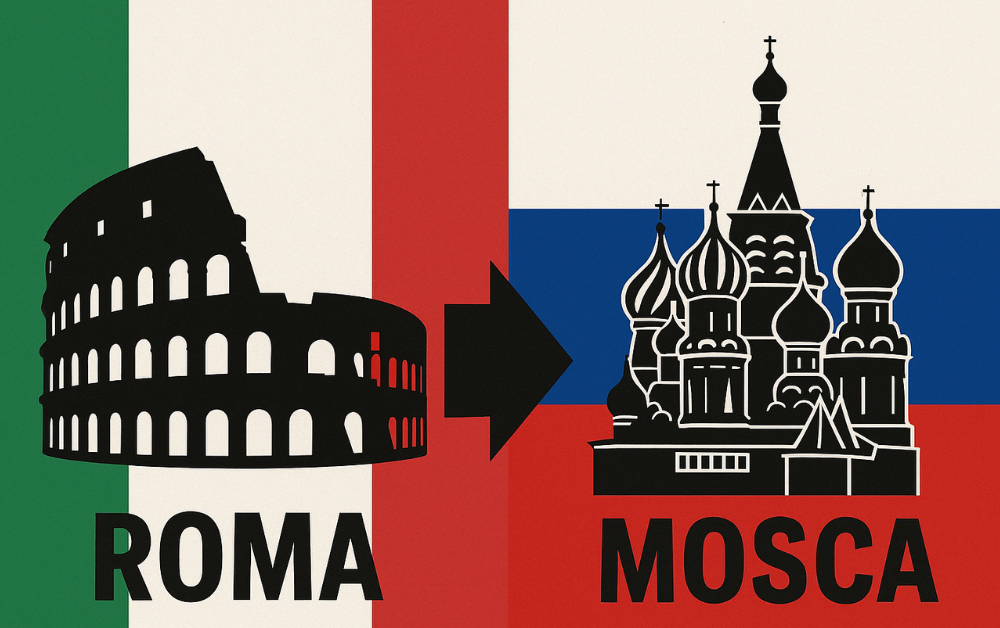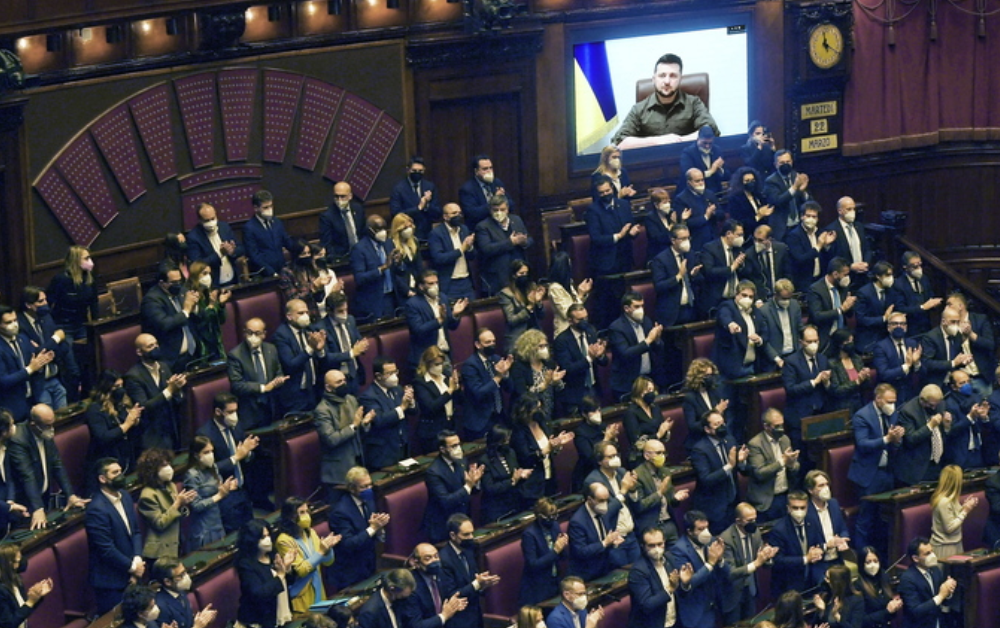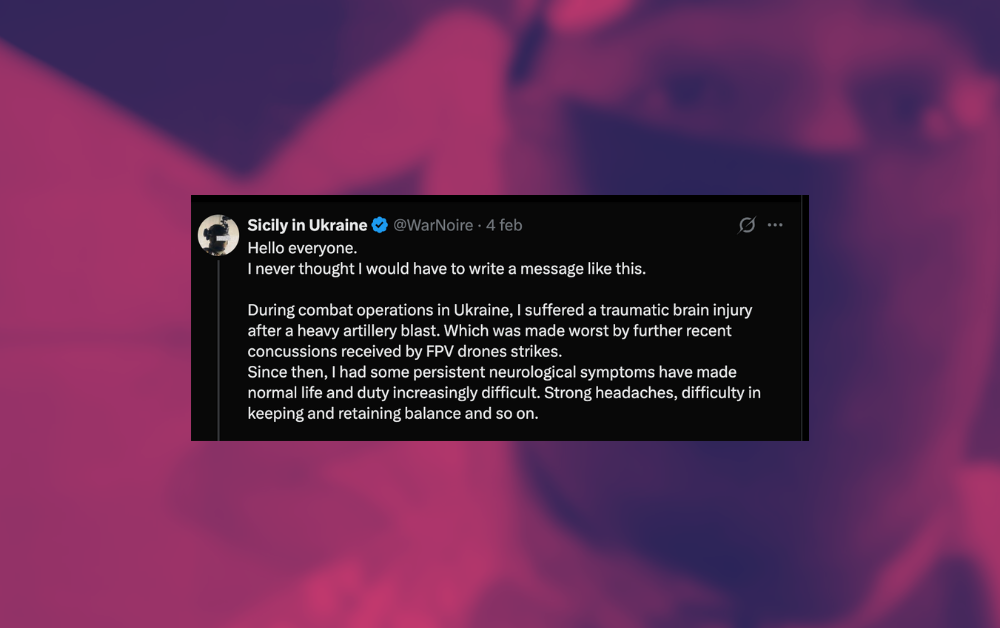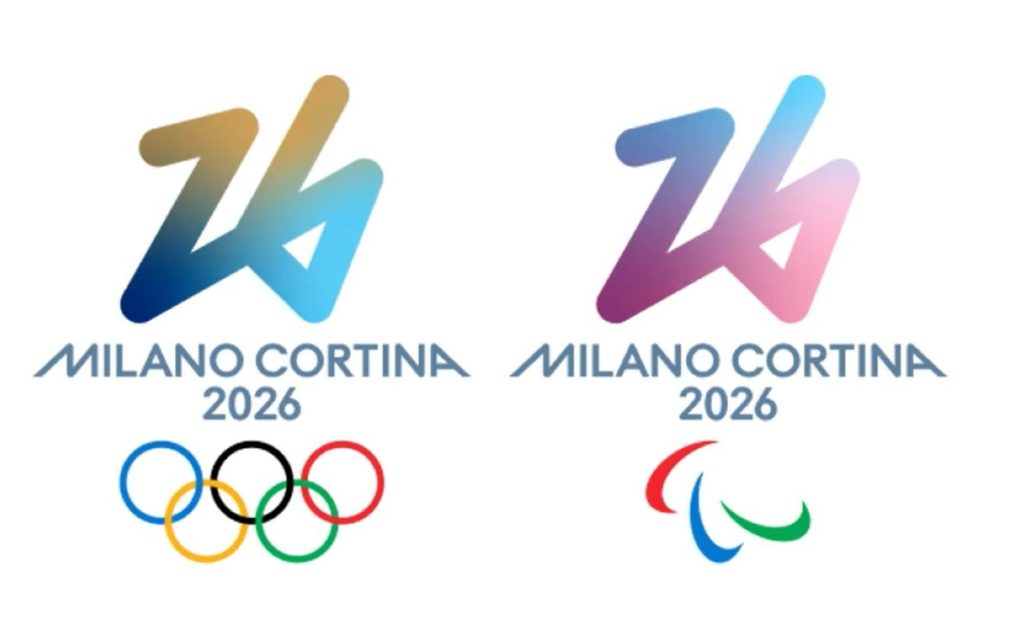For a few weeks Italian newspapers have described Russia’s new register for bloggers as yet another sign of an authoritarian clampdown on the web. Many readers have come away with the idea of a distant system, typical of a completely different political world. In the meantime, almost without a sound, something has arrived in Italy that, in its underlying logic, looks very similar to that model: a public register of so-called “relevant” influencers, managed by AGCOM.
For now, the difference lies less in the mechanism itself than in the way it is told.
Moscow, ten thousand followers and the duty to come out in the open
In Russia the law is clear in its intentions, less so in its technical details. Anyone who runs a channel or social media profile with an audience above a certain threshold, roughly ten thousand users, must provide Roskomnadzor with their identifying data, accept a set of obligations and enter a special register.
If they do not, they will not be able to monetise, they will not be allowed to host advertising, they will not be able to receive donations in a regular way and they risk having their channel blocked. The message is simple: if you influence people, the state wants to know who you are and demands that you comply with the law.
Rome, half a million followers and the “relevant influencer” label
In Italy the scheme is less visible, but not so different. AGCOM has introduced a system that applies to “relevant” influencers, that is, to those who have at least 500,000 followers on one platform or an average of one million views per month.
These profiles must be placed on a dedicated list, follow rules similar to those applied to traditional audiovisual media operators, clearly label advertising content, respect strict limits when addressing minors and avoid blurring the line between opinion and promotion. The financial penalties are anything but symbolic: they can reach hundreds of thousands of euros.
At first glance it sounds like common sense. Influencers live off advertising and, when they have a huge audience, it is understandable that the state should ask for transparency and responsibility. But if you shift your perspective even slightly, another aspect emerges: for the first time in such an explicit way, the Italian state decides who, on social media, belongs to the category of people who really matter in the information system.
Same principle, opposite narratives
If you compare the two measures, the point of contact is not so much the numerical threshold as the political principle behind them: anyone who speaks regularly to a large audience is placed under a special regime of control and traceability.
In Russia the threshold is low, in Italy much higher. The logic, however, is similar. It is no longer only the platform that decides who is relevant, but the legislator. You are no longer just a user: you become a regulated subject, with a file in some office and obligations that set you apart from the rest of the connected population.
The interesting part is how all this is framed.
In the Russian case, Western media almost always talk about censorship, gags, authoritarian crackdowns. In the Italian case, the same labels disappear: the key words become transparency, protection of minors, influencer responsibility, the fight against covert advertising.
The result is that two tools that move in the same direction, namely the legal framing of those who communicate online on a large scale, are perceived in completely different ways. On one side, the emblem of political control, on the other, a sign of regulatory progress.
The context is not a detail, but it does not explain everything
The underlying trend is similar: the digital space, born as a grey zone between law, technology and social spontaneity, is being brought back under institutional control. First through tax obligations, then through advertising rules, and finally through the formal classification of those who carry weight in the public arena.
The risk, which is easier to see from the outside, is that the concept of transparency becomes an elastic container. In Russia the key word is security, in Italy it is protection. In both cases, however, a category of people is created that can be monitored, regulated and, if necessary, sanctioned with an intensity that does not apply to ordinary citizens.
The double standard in public discourse
This is where the issue of the double standard comes in. It is not only a matter of geopolitics, but also of cultural habit.
When a measure is adopted in a country perceived as hostile or authoritarian, it is immediately read as part of a strategy of oppression. When the same logic appears in an allied country, attention shifts to technical details, correct procedures and interests to be safeguarded.
Rome and Moscow seem more alike than we like to admit, but we notice it only when the register is on the other side of the border.









